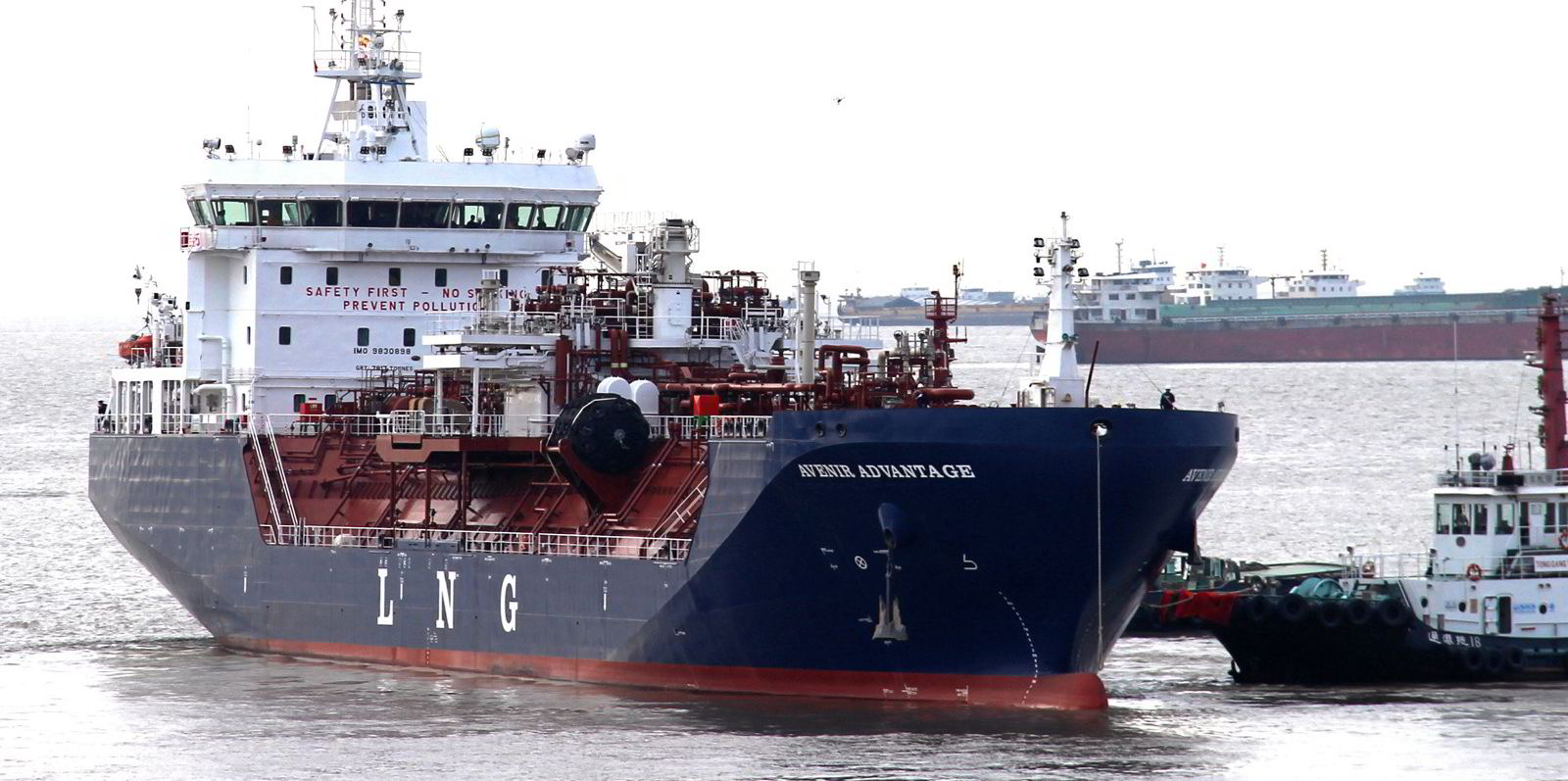Energy efficiency needs to be a priority for shipping as it pushes forward with its decarbonisation efforts, Shell’s Karrie Trauth said on Tuesday.
Speaking at Capital Links’ New York Maritime Forum, the energy major’s global head of shipping said the industry can find big benefits simply from running its vessels more efficiently.
“The most valuable cargo is now the data they're generating on their voyages” and that data can be used to improve efficiency, Trauth said during the keynote address during lunch at the event.
She said Shell’s Just Add Water System, or JAWS, has cut emissions by 7% on the ships that have it installed.
The system allows Shell to analyse real-time data from its ships to optimise performance.
Air lubrication was another example Trauth offered, touting emissions cuts of 8%.
She said even an 8% improvement in the efficiency of the global fleet was the equivalent of putting an estimated 400,400 zero-carbon ships on the water today.
“All of it adds up to deliver a positive impact,” she said.
Trauth said shipping is integral to reaching net-zero greenhouse gas emissions globally, as the industry is responsible for 3% of all emissions while carrying the vast majority of world trade.
“Shipping needs to decarbonize and it needs to start that journey today,” she said.
“It will be the biggest transformation of our industry since the industrial revolution and it will not be easy to achieve. Shipping as a sector is hard to abate because of its reliance on [fossil fuels]. There is not yet a silver bullet to replace them.”
She said she expects conventionally-fuelled vessels can either switch over to or begin mixing in liquid biofuels. Dual-fuel ships have the option for LNG, which she called “the lowest-carbon alternative available at scale today” and an area where Shell has invested in bunkering infrastructure.
In the future, Trauth expects the fuel of the future to be hydrogen-based and that Shell intends to build a global economy around it.
But big investments into the future of shipping need buy-in from across the industry, including from charterers, managers, crews, insurers and others.
“Ultimately when we look to make big commitments and decisions we need those other sectors to come with us,” Trauth said.






